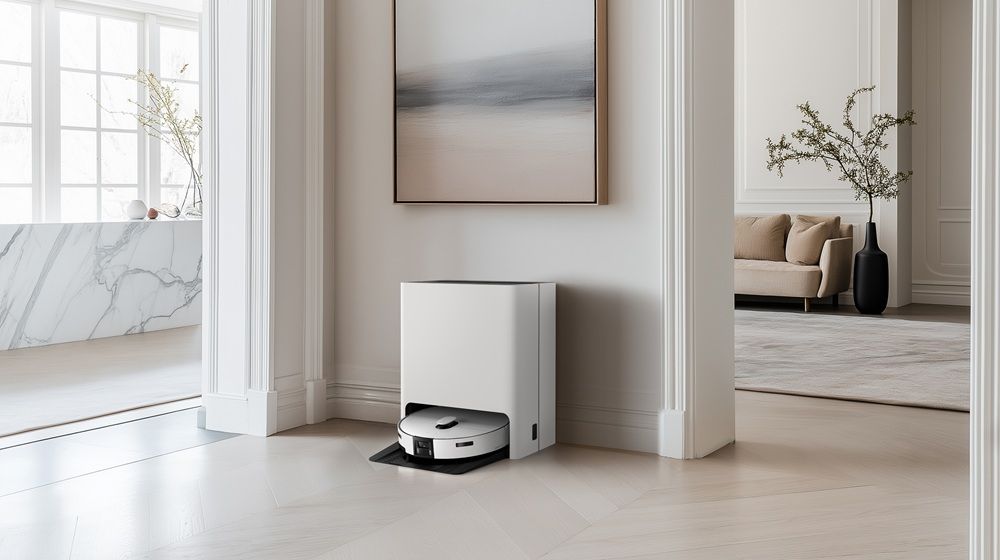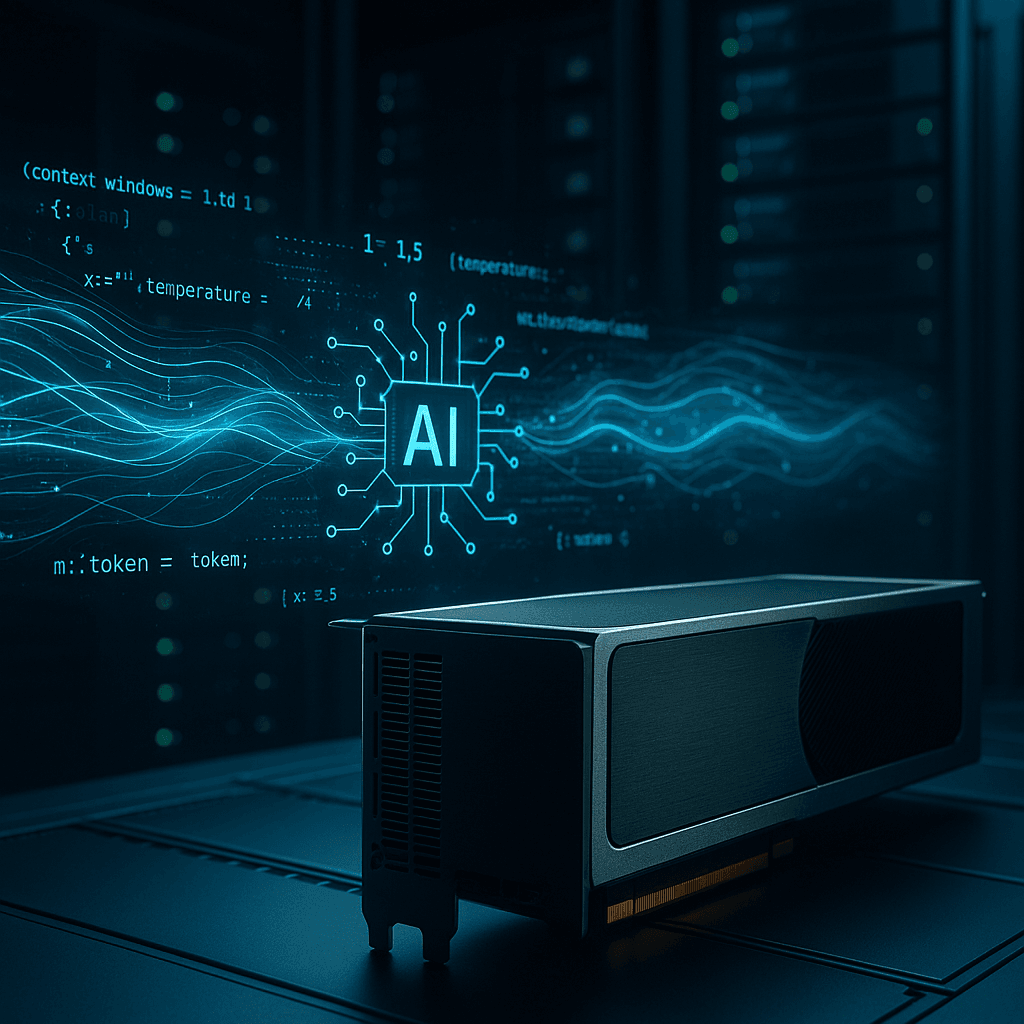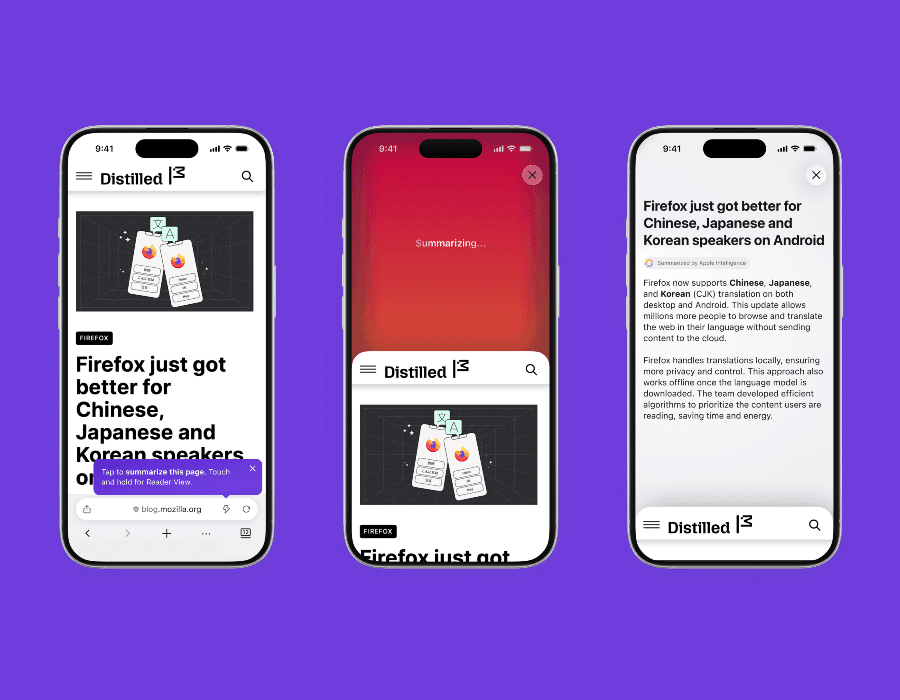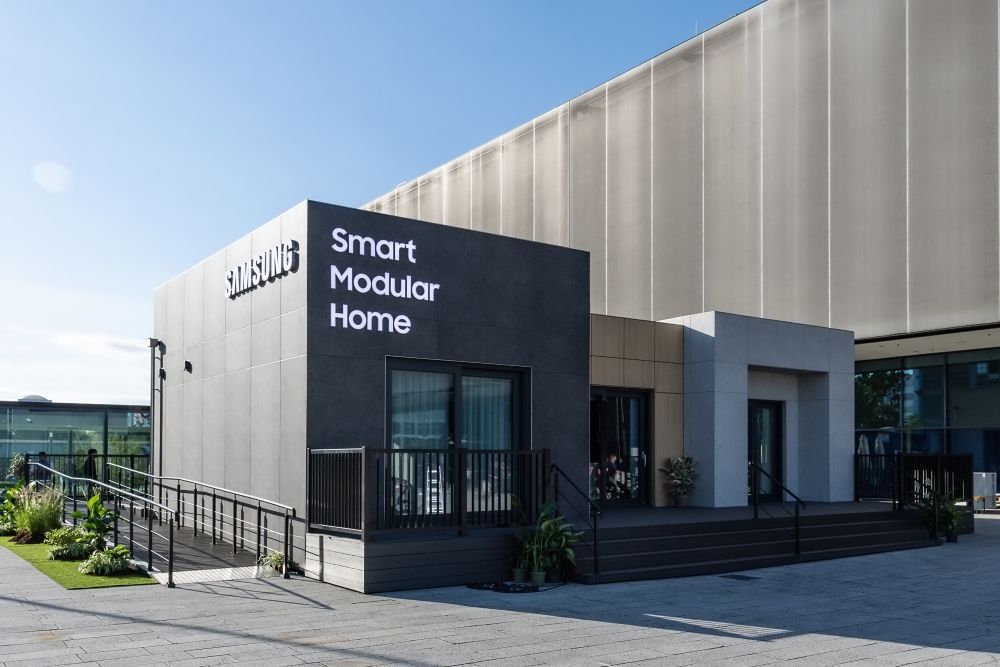Samsung just broke major ground in smart home security. The company's Bespoke AI Jet Bot Steam Ultra and AI Refrigerator became the first home appliances to receive Germany's BSI IT Security Label through a new Korea-Germany mutual recognition agreement. This milestone puts Samsung ahead in the race to secure AI-powered homes against cyber threats.
Samsung just redefined what it means to have a secure smart home. At IFA 2025 in Berlin, the tech giant celebrated a cybersecurity breakthrough that puts its AI-powered appliances miles ahead of the competition - and it's all thanks to some serious international cooperation.
The company's Bespoke AI Jet Bot Steam Ultra robot vacuum and Bespoke AI Refrigerator have become the first home appliances ever to receive Germany's coveted BSI IT Security Label. This isn't just another tech certification - it's the result of a groundbreaking mutual recognition arrangement between Korea's KISA and Germany's Federal Office for Information Security that's reshaping how cybersecurity gets validated across borders.
"We are honored to be the first to be mutually-recognized under the Korea-Germany MRA," Samsung Executive Vice President Jeong Seung Moon told the IFA audience. The timing couldn't be better, as smart home security concerns have exploded alongside AI adoption.
This achievement builds on Samsung's already impressive security track record. Last year, the company became the first to earn KISA's highest "Standard" grade for its robot vacuum cleaner, and it remains the only brand holding that distinction. The Standard designation isn't handed out lightly - it's reserved for devices that can withstand advanced hacking attempts, the kind that could turn your helpful home assistant into a privacy nightmare.
What makes these appliances so secure? Samsung's loaded them with the same enterprise-grade Knox security that protects Galaxy phones and corporate networks. But here's where it gets interesting - the new products feature Knox Matrix Trust Chain, which monitors every connected SmartThings device in your home to spot potential breaches before they happen. Think of it as a security guard that never sleeps, constantly checking that your smart doorbell isn't talking to your vacuum cleaner in ways it shouldn't.
Then there's Knox Vault, which takes a hardware approach by storing sensitive data like authentication credentials in a physically isolated secure chip. Your personal information literally can't be touched by software attacks because it lives in its own fortress inside the device.
The Korea-Germany mutual recognition deal is bigger than just Samsung's win. It creates a fast track for companies to get their IoT products certified for both markets simultaneously, potentially accelerating the rollout of secure smart home tech globally. Instead of navigating separate certification processes in each country, products that pass KISA's rigorous testing automatically get equivalent recognition under Germany's BSI labeling scheme.











